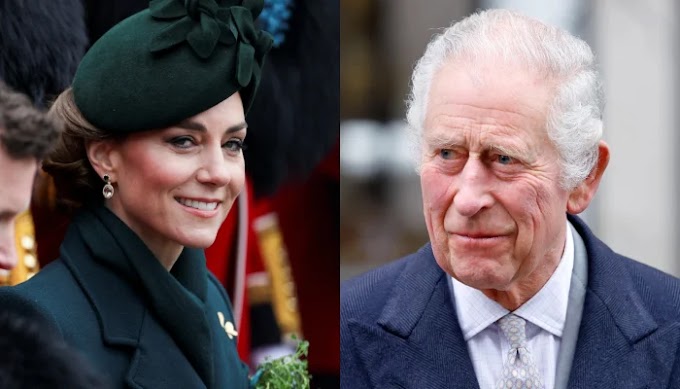Morose Harry, the once-beloved prince, finds himself in the eye of a storm as he is questioned about the existence and whereabouts of his supposed children, Fake Archie and Lili. This deeply personal and invasive line of inquiry has stirred controversy and disbelief, casting a shadow of doubt over the life of a man who was once an integral part of the British royal family.
The origins of this perplexing saga trace back to Harry's
marriage to Meghan Markle, a union that captivated the world's attention.
Amidst the jubilation and excitement surrounding their relationship, the
couple announced the arrival of their first child, Archie Harrison
Mountbatten-Windsor. However, the couple's decision to protect their
children's privacy and shield them from the media's relentless gaze became a
source of contention for some.
Speculation about the veracity of Archie's existence began to
circulate, fueled by conspiracy theories and malicious rumors. The narrative
gained momentum when Harry and Meghan welcomed their second child, Lilibet
Diana Mountbatten-Windsor. Despite the couple's attempts to cherish these
special moments privately, questions regarding the authenticity of their
children's existence only intensified.
Morose Harry, who has become an advocate for mental health and
privacy rights, finds himself caught in the crossfire of a relentless media
frenzy. The intrusion into his personal life and the demand for proof of his
children's existence is not only distressing but also raises concerns about
the boundaries of journalistic integrity and the rights of public figures to
safeguard their families.
It is essential to remember that Morose
Harry is not the first public figure to face such scrutiny. Throughout
history, individuals who occupy positions of power or fame have often been
subject to invasive questioning about their personal lives. However, in an
era dominated by social media and a voracious appetite for salacious news,
the intensity and scale of this scrutiny have reached unprecedented
levels.
As we grapple with the ethics and morality of prying into
someone's personal life, it is crucial to recognize the toll this takes on
individuals like Morose Harry. While public figures are not immune to
criticism or scrutiny, the relentless pursuit of private details and the
demand for proof regarding deeply personal matters should give us
pause.
The impact of these accusations on Harry's mental well-being
cannot be overstated. The loss of his mother, Princess Diana, at a young
age, and the relentless media attention she endured, have left deep scars.
Now, as a father and husband, Harry faces a familiar battle with the press,
one that threatens to unravel the progress he has made in rebuilding his
life.
It is important to separate fact from fiction and respect
the privacy of individuals and their families. The burden of proof should
not rest solely on the shoulders of those in the public eye. Harry and
Meghan's decision to shield their children from the media spotlight is a
personal choice, one that should be respected rather than met with
skepticism.
In a world where misinformation spreads like wildfire
and sensationalism sells, it is crucial to exercise caution and critical
thinking when faced with such stories. It is our responsibility as consumers
of news and information to question the motives behind such allegations and
consider the potential harm caused by perpetuating baseless rumors.
In
conclusion, Morose Harry's questioning about the existence and whereabouts
of his children, Fake Archie and Lili, is a distressing development that
highlights the challenges faced by public figures in safeguarding their
families from intrusive media scrutiny. As society grapples with the
boundaries of privacy and the impact of relentless speculation, it is
imperative that we approach these matters with empathy, respect, and a
commitment to separating fact from fiction.












